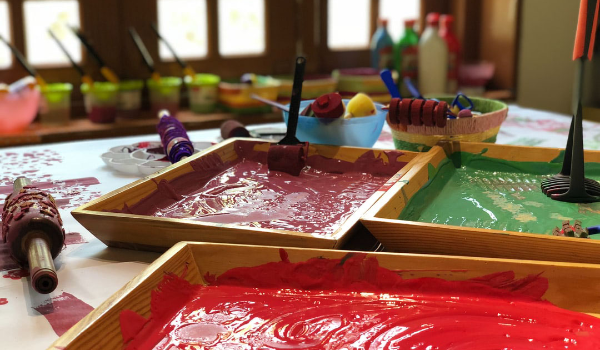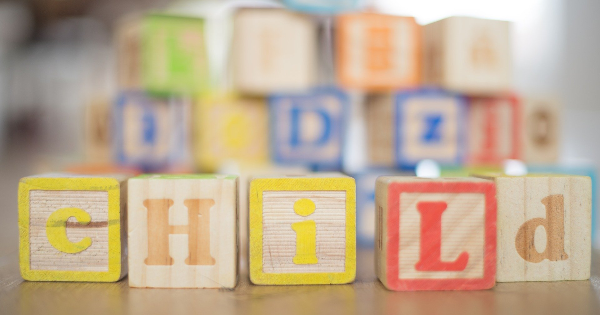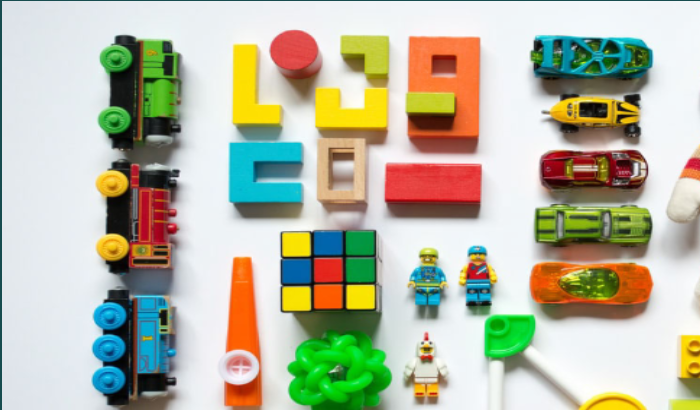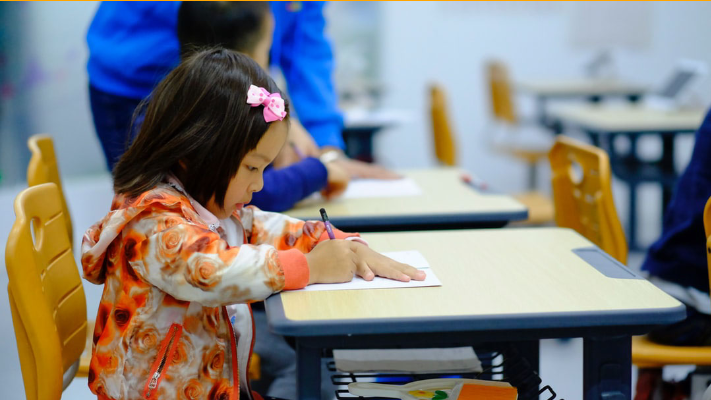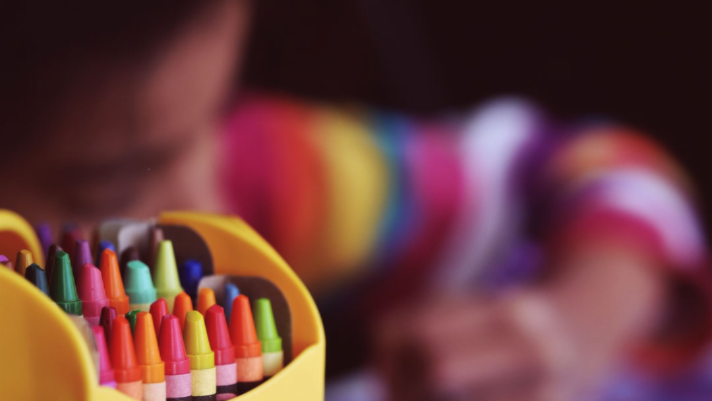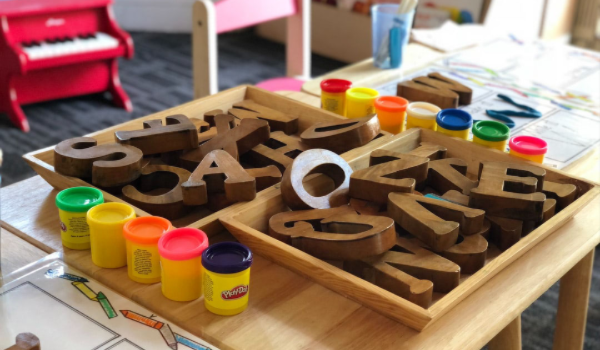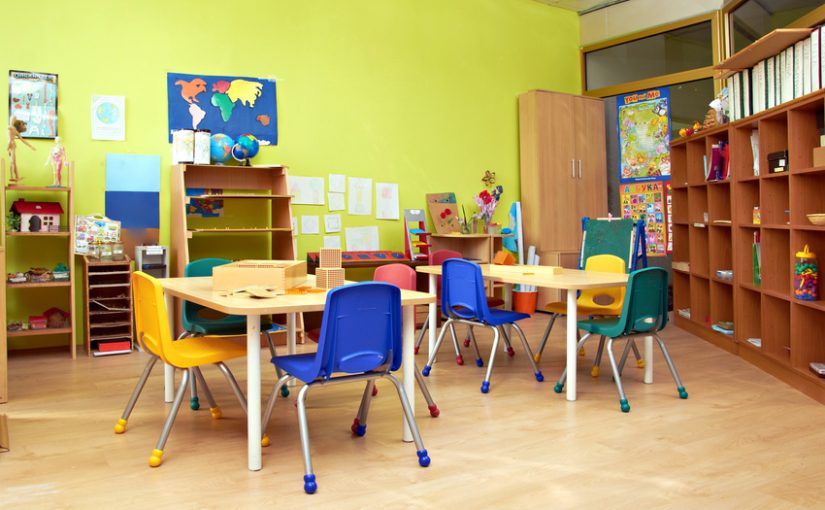Choosing the right preschool program for your child isn’t always easy. In fact, with the range of different programs available in today’s world, it’s no wonder that most parents feel perplexed when they begin their search. Did you know that the percentages of 3- and 4-year-olds enrolled in preprimary programs in 2013 (42% and 68%, respectively) were higher than the percentages enrolled in 1990 (33% and 56%, respectively)? However, these numbers were not measurably different from the percentages enrolled in 2000 or 2012. If you’re not sure where to send your child for preschool, or if you’re just not sure how to get started on finding a preschool classroom atmosphere that meets your needs, then follow our simple list below.
The quality of the curriculum
Of course, you want to be sure that your child gets a high-quality education first and foremost. While the environment of the preschool classroom is certainly important to keep in mind, it’s never a good idea to emphasize such considerations in place of a strong academic profile. A good preschool program not only prepares your child for later stages of schooling, but it also sets them up with fundamental academic skills that will serve them for the rest of their lives. Making sure that you get this right by choosing a preschool program that nurtures your child’s natural gifts while also aiding them in discovering their weak points is critical if you want your child to succeed in their academic career.
Access to unique and enriching activities
While a lot of learning takes place in the preschool classroom, you should never overlook the importance of the kinds of activities that take place in other parts of the preschool. Finding a program that offers unique and enriching activities is key. If you want to give your child the best chances of discovering and using their talents while also improving their social skills, then look for preschool programs that place an emphasis on providing students with engaging activities. The way your child learns at school is largely determined by the way in which they engage with activities, lesson plans, and other students in their preschool classroom. Finding a program that ensures strong activities guarantees that your child has the best chance of growing and learning during their time at preschool.
Availability of summer programs
Sure what goes on throughout the school year is crucial. However, you shouldn’t ignore the possibilities that the summer can bring, either. A preschool program that offers summer camp activities is one that surely demonstrates a commitment to ongoing learning and socialization. The right summer camp experience allows your child to develop their innate sense of independence outside of the preschool classroom. Furthermore, summer programs also give your child more exposure to their peers and classmates. This kind of intimate social interaction helps your child further develop their social acuity while also forming bonds and friendships along the way.
The quality of the staff and administration
Finally, you should never discount the important role that the staff and administration play in the preschool experience. Of course, you want to be sure that the teachers are both instructive, kind, and communicative in their interactions with your child. That’s not all. You should also look for programs that have staff and administration that value their connection to you as a parent. Without a strong bond, it’s difficult to determine the progress your child is or isn’t making in their preschool education. Always be sure to locate a program that emphasizes the relationship to staff members.
Of course, choosing the right preschool program for your child isn’t always an easy decision, even if you follow each of the steps outlined above. In such cases, it’s never a bad idea to tour a preschool or get in touch with staff in order to get more information. Some things such as the personalities and experience of the teaching staff or the general feel of the preschool classroom environment are difficult to judge without seeing the school in person. If this sounds like something that appeals to you, then don’t hesitate to reach out and get in touch with a member of our team today. At Learn and Grow Academy, we offer a full range of preschool curriculum and summer camp programs to ensure your child gets a well-rounded education. We can’t wait to hear from you!



